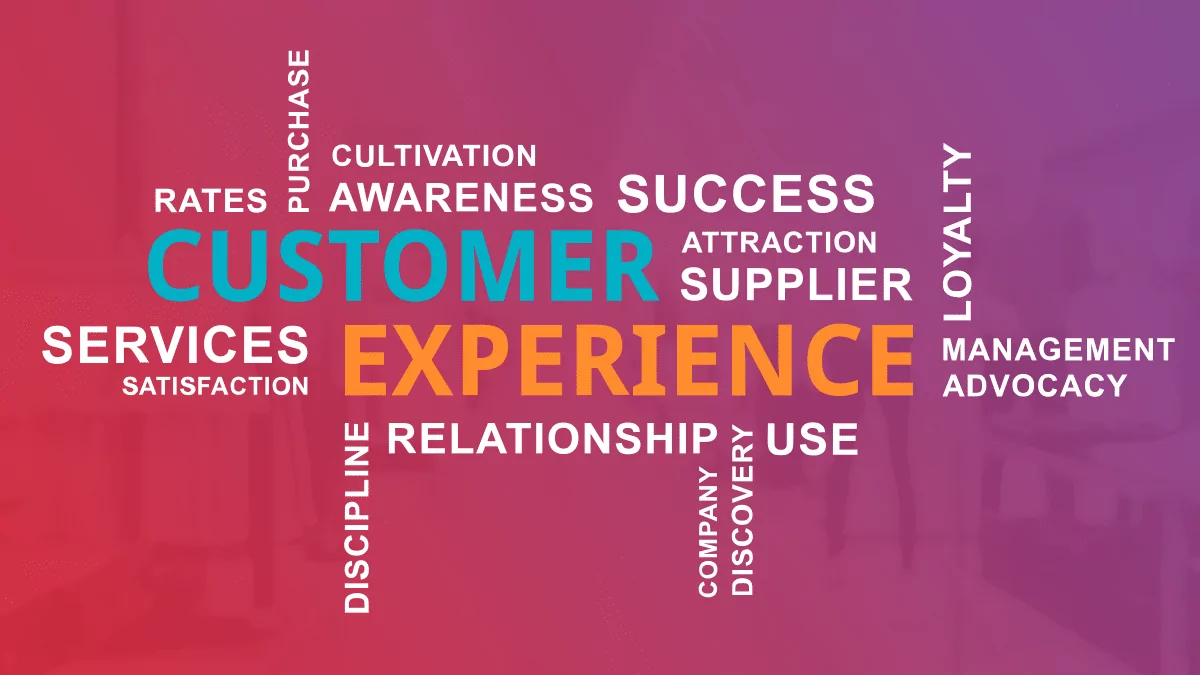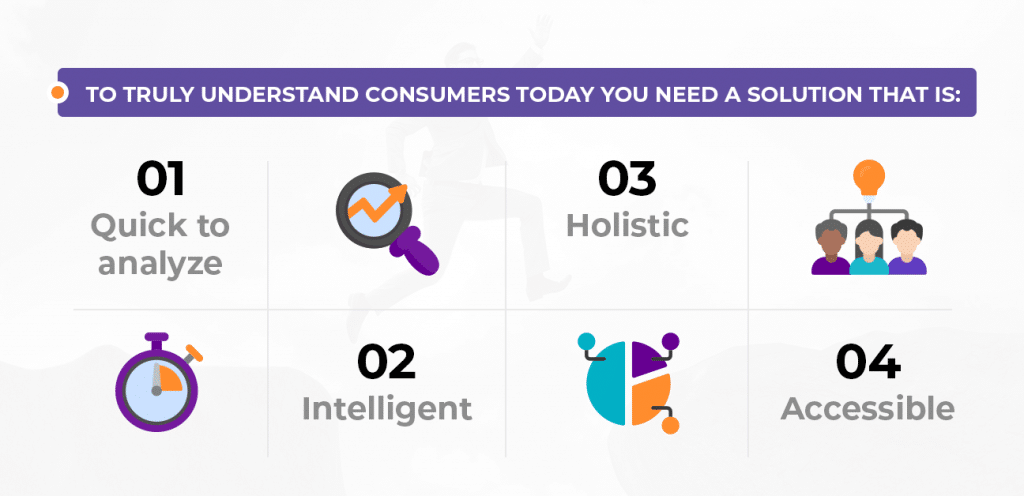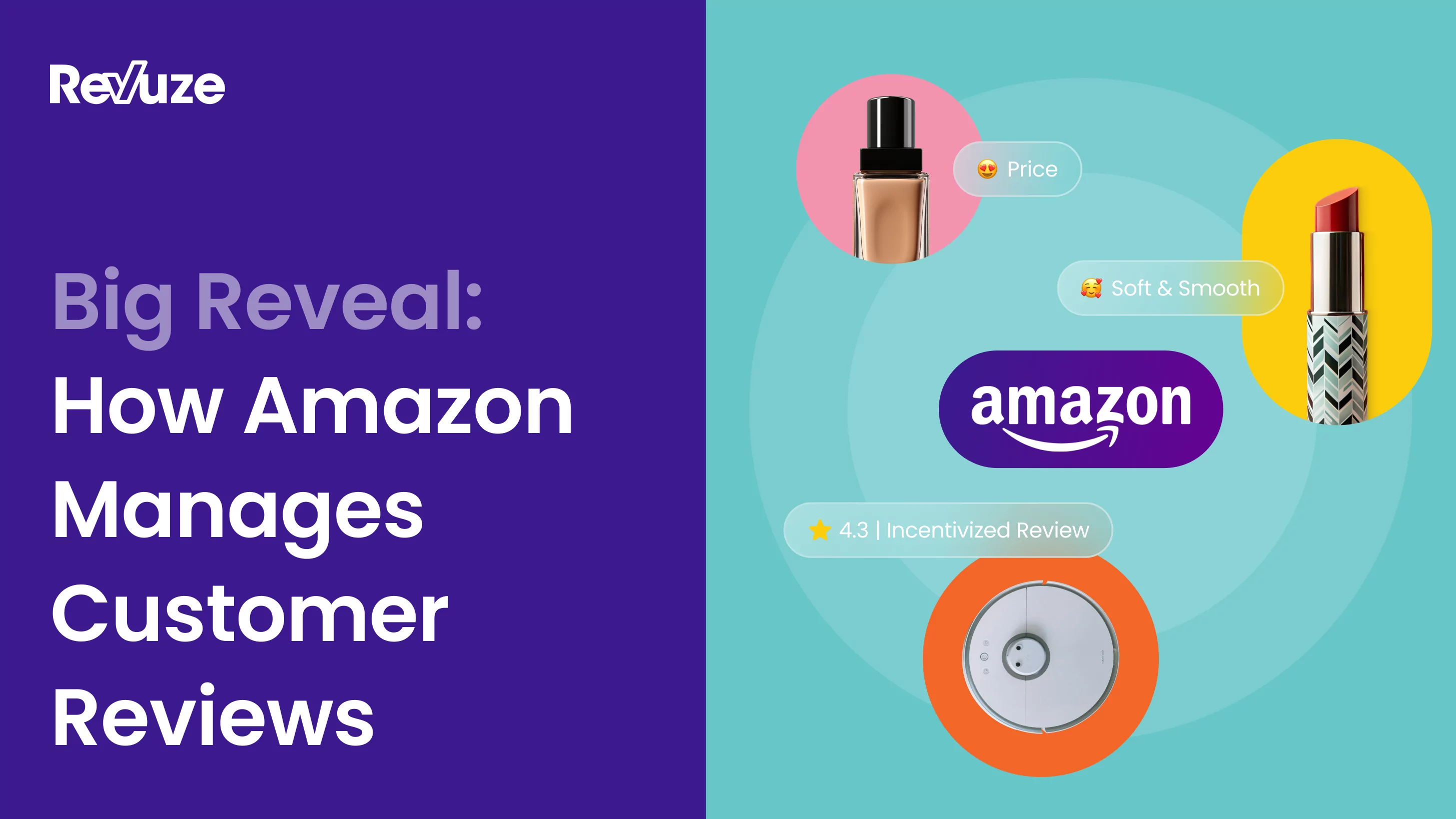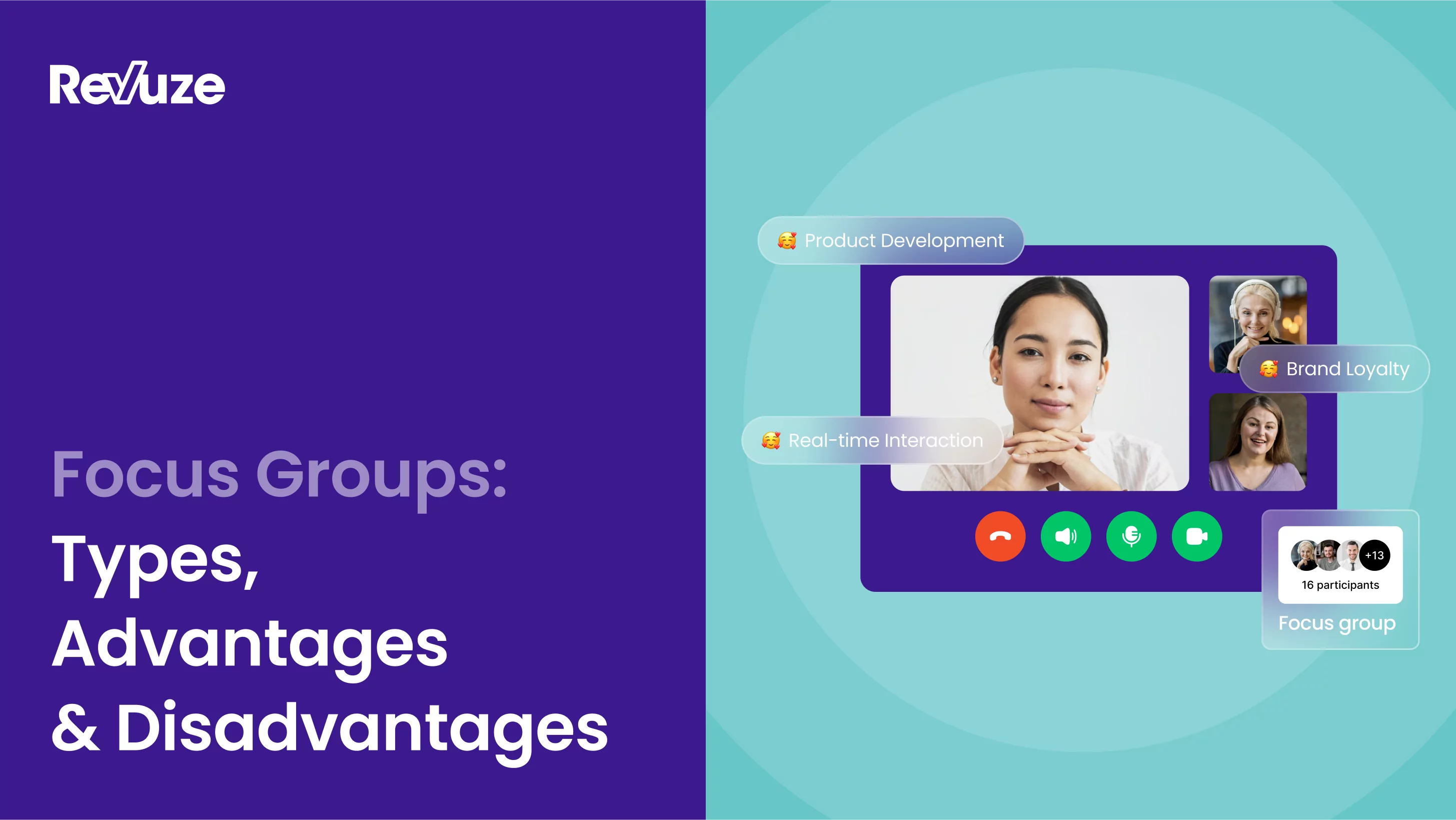
The CX analytics market is a multi-billion $ market. Just the US part was recently estimated to grow from under $2B in 2018 to $3.4B in 2023. The market is crowded for a reason as consumers represent the largest business driver in the world and brands compete ferociously for their business.
In a crowded market every vendor tries to distinguish itself and promise unique benefits that seem attractive. Here we’ll recommend to you what we believe are the 5 critical capabilities you should focus on when considering a new vendor for your CX analytics needs.
What are the 3 core key needs for CX analytics?
Before we jump into the capabilities piece, let’s start with what are the requirements from a modern CX analytics solution. Consumers today move faster, have a wide selection of purchasing channels, they share content about what they like and don’t and respond quickly to new trends or offers. To truly understand consumers today you need a solution that is:
- Quick to analyze – no experts, pre definitions, workflows definitions, etc.
- Intelligent – will identify topics, trends and issues for you
- Holistic – will show you one picture for all data sources or languages
- Accessible – no middlemen, usable by every business role
With these in mind, lets move on to the underlying capabilities that can support such requirements.
Machine intelligence data analysis (not expert/manual/workflow/rule based)
It’s no secret that understanding consumers today relies on human efforts; you still need experts to design surveys or focus groups or train AI machines to search for patterns in data. And like any other industry that relies on manual labor, CX analytics is slow. It also makes it biased (as each expert has his own experience/agenda/personality) and shallow.
This is why typically, these type of CX analytics solutions will identify 10-15 core topics that are important to consumers – e.g., Price, Customer Service, Quality, Loyalty etc. But consumers are way more sophisticated (See nice example on the importance of Taste for coffee maker buyers or top topics on your customers mind you would never guess ) and typically share over 40 CX aspects around the purchase, usage, service or brand. Why should you settle for 10-15 out of 50?
The ideal situation would be to automate data analysis – That is, to use technology that can automatically convert the messy, unstructured qualitative data into quantitative intelligence.
This means auto discovery of topics (and not waiting on humans to figure them out) as they surface, auto discovery of sentiment trends – which is typically industry, geography and product hierarchy (and sometime even brand) specific and in general zero reliance on others to drive insights.
Once you free from experts, IT, data scientists and analysts you can speed up time to insights as there is no dependency. It also makes insights accessible 24×7 as a machine readies them for you, instead of a group of people you may need to stand in line for.
Generic technology – Any data source, any language, any industry
Modern customers communicate on a wide range of channels. When you choose just part of the channels, you miss out on insights and trends that are channel specific. Just to list a few of the common feedback channels:
- Customer satisfaction surveys
- Focus groups
- Social media
- Brand website
- Call center
- Stores (if relevant)
- Chat
- …
As each of these data sources are different and potentially cater to different audiences and demographics, it is important to leverage as many data sources as possible to gain a good mix of the Voice of the Customer in your analysis.
The same principle works for geographies, you’d want a solution you can leverage across markets so you know you compare apples to apples.
Regarding industry agnostic – most solutions that require experts in the loop try to deliver vertical value by having these experts imagine/teach/program industry related keywords and terms into AI machines
Usable by any business user
Another weakness of the expert-driven solutions is that due to cost of the experts these groups and solutions are typically centralized, where dedicated groups maintain the CX Analysis software. This means that ordinary business users, who have the most need for business intelligence, often find these solutions complex and not usable.
If you get to a status where you have great insights at the speed of the market, you’d want to make sure all your business managers and operational roles can leverage them to make the right quick decisions for the business.
This is why the optimal solution needs to be one that everyone can use. It needs to be intuitive, and autonomous. If the solution is complex or if it requires IT or Insights or any other centralized group to change or support or configure – it will not be usable. You want to empower the masses to take action and they can’t take it if they don’t have control

Conclusion
Most CX Analytics solutions today are incapable of keeping up with the pace of modern consumers. The reliance on humans dictates a slow, bias and shallow pace which limits the competitiveness of brands due to –
- Time to insights
- Lack of visibility into all consumers wants and needs
- Inability to adopt a CX solution across a wide range of roles
For brands to be competitive they need to embrace solutions that allow them the right decisions at scale (At speed and across the organization).Revuze is an innovative software vendor that addresses just this with the first self-training, low touch solution that can mine consumer data automatically. Reach out to find out more.
 All
Articles
All
Articles Email
Analytics
Email
Analytics








 Agencies
Insights
Agencies
Insights